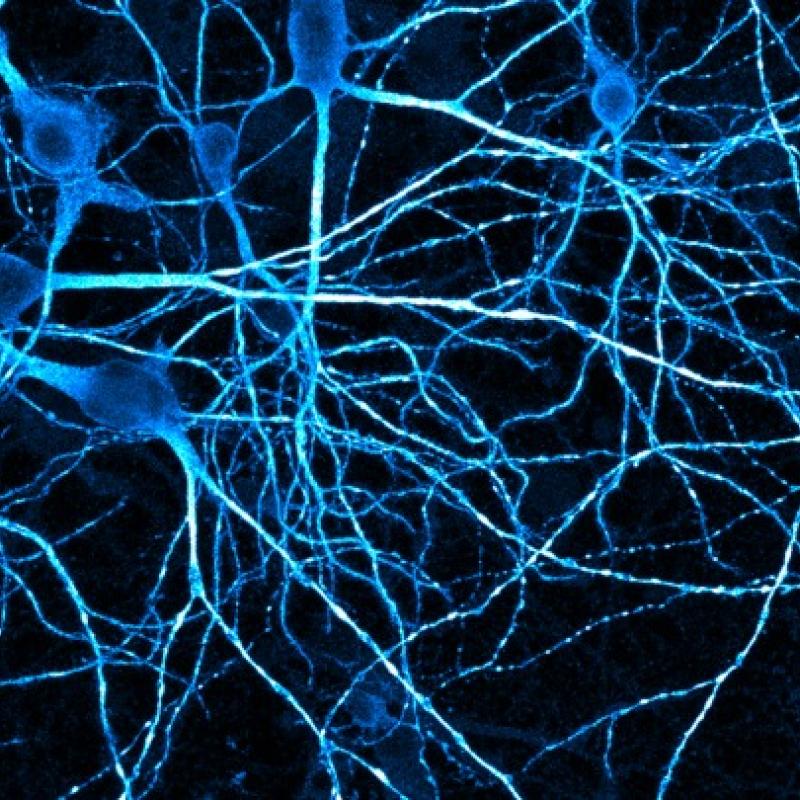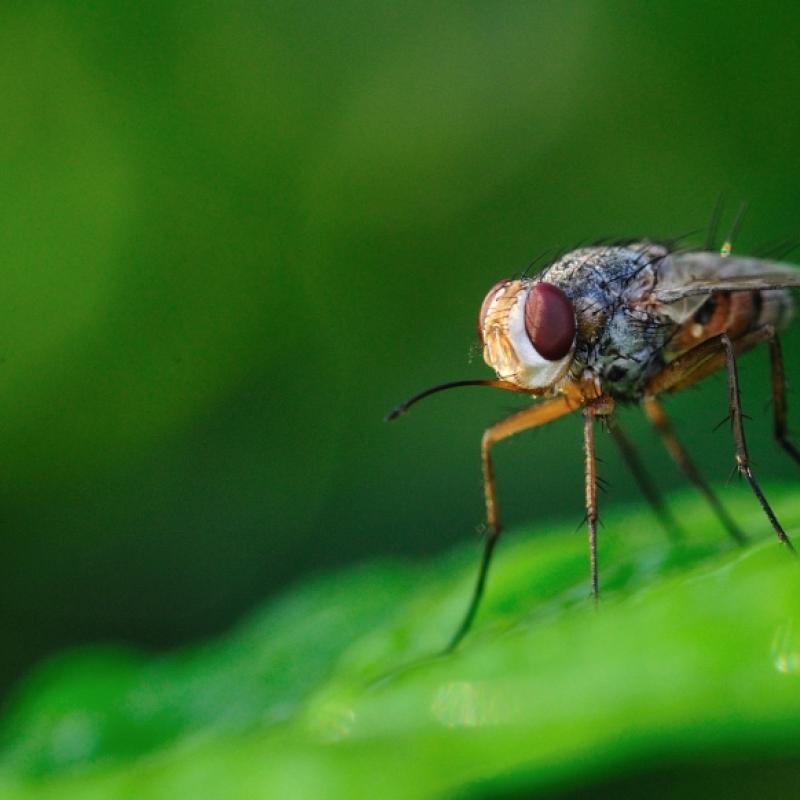
Researchers uncover protein responsible for cold sensation
University of Michigan researchers have identified the protein that enables mammals to sense cold, filling a long-standing knowledge gap in the field of sensory biology.

University of Michigan researchers have identified the protein that enables mammals to sense cold, filling a long-standing knowledge gap in the field of sensory biology.

MNI Affiliate Paul Jenkins, Ph.D. , Discovery potentially reveals the mechanism behind brain changes in people with autism.
Huda Akil's lab studied emotional reactivity and vulnerability to stress in rodents for two decades. A recent article in The Transmitter highlighted this research showed that extreme responses to their environment helped explain why some behaviors become pathological in people— but can be modified in early life by targeting inflammation-related

Scientists from the Sutton and Wiseman labs have discovered a new pathway that ferries cellular proteins to the cell-to-cell connections, or synapses, that allow neurons to communicate with one another.

Basic research is getting closer to potential therapeutic targets

Researchers have begun to explore the underlying neural activity of eating behaviors in fruit flies to better understand the motives that drive feeding.
